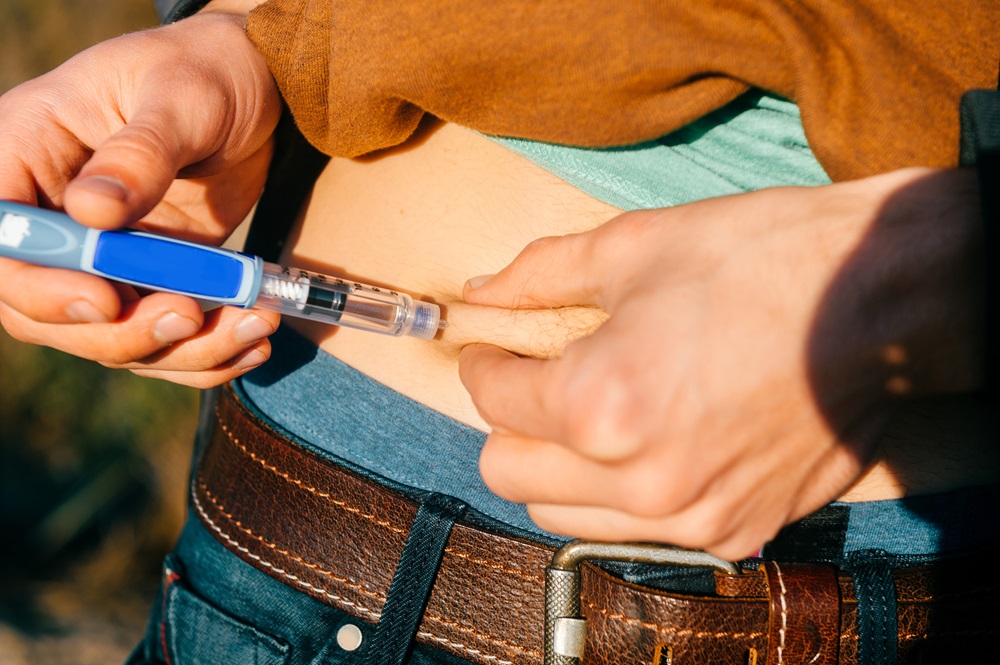With skyrocketing interest in Mounjaro as an obesity medication, finding an informed provider is key.
Mounjaro can offer substantial weight loss but requires close medical management for safety and compliance over months to years of use.
Here are 12 of the top questions those curious about Mounjaro for weight loss near me should get answered first:
1. How much weight loss can I expect on average?
In clinical trials, people with obesity or overweight taking Mounjaro 5mg daily lost on average:
- 14.2% of their body weight over 68 weeks
- Equating to 33 lbs for a 225 lb individual
Some studies even report averages up to 20% total weight loss, rivalling bariatric surgery.
2. How long does it take to see results?
Many notice decreased appetite and accelerated weight loss kicking in within days or weeks.
In studies, the most rapid declines occur in the first 16–20 weeks, followed by more gradual but steady losses over 1–2 years.
3. Will I regain weight when I stop?
Evidence on long term post-treatment outcomes remains limited given the novelty of Mounjaro.
However, any medical or behavioral weight loss intervention carries potential for regain once discontinued.
Metabolic adaptation, reduced energy needs, and appetite hormones all collude to encourage weight cycling.
Maintaining lifestyle changes around diet and exercise provides the best defense against backsliding.
4. What percentage of patients find success?
Upwards of 70% or more remain responsive 12+ months in. However, outcomes depend heavily on:
- Dosage suitability
- Side effect tolerance
- Adherence to lifestyle changes
- Following provider guidance
… with room for customization to help overcome obstacles.
5. How do side effects compare to other medications?
At studied doses, Mounjaro demonstrates generally greater rates of GI issues like nausea, vomiting, diarrhea than competitors. However, symptoms often acclimate.
Slow titration is key—starting low and gradually increasing every 4 weeks helps minimize discomfort.
6. Does insurance cover it for weight loss?
Unfortunately health insurance coverage remains extremely limited, though policies differ.
Mounjaro’s $974–$1,349 monthly retail cost places it amongst the priciest weight loss medications.
However, manufacturer and third-party savings programs can reduce out-of-pocket expenses.
7. Are there ways to get it affordably?
Options like the Mounjaro Co-Pay Card can lower costs to as little as $25 per month for eligible patients.
Additionally, providers may offer discounted self-pay rates saving hundreds per script. This route avoids insurance altogether.
Shopping around, utilizing coupons/rebates, buying in bulk, and exploring international online pharmacies further increase access.
8. Could it negatively interact with my medications?
Mounjaro carries an FDA black box warning for thyroid cancer risk when used with certain types of thyroid hormones.
It also requires meticulous blood glucose monitoring for those on insulin or sulfonylureas given increased hypoglycemia risk.
Providers carefully screen medical history for gastrointestinal surgeries that may contraindicate use as well.
9. How will you monitor my health and progress on it?
Ongoing lab testing helps gauge biochemical responses and catch issues early:
- HbA1c: Average blood glucose levels
- Thyroid panels: Hormone levels, antibodies
- Vitamin B12: Potential deficiency
- Creatinine: Kidney function
- Liver enzymes: Hepatic stress
Plus tracking metrics like weight, blood pressure, lipids, menstrual changes, and more based on risks.

10. What if I can’t tolerate the side effects?
Dose reductions and/or temporary discontinuation helps systems stabilize, preventing full withdrawal.
Some providers endorse short-term Zofran or similar anti-nausea agents as well.
Slow re-escalations following interruptions often improves tolerability long term.
11. How do I safely stop Mounjaro if needed?
Tapering down dosage gradually rather than abruptly ceasing use prevents harsh rebounds of appetite and glucose.
Timelines vary, but a minimum 12 week drawdown balances safety and practicality.
Meticulous transition management reduces odds of weight regain, blood sugar destabilization, and feeling deprived.
12. What if it just doesn’t work for me overall?
The best first step is maximizing Mounjaro effectiveness through proper dosing, side effect mitigation, glucose control reinforcement, and boosted nutrition and fitness where feasible.
However, some subset of patients see little weight change or cannot push through side effects with adjustments.
Trying second-line agents like Wegovy, Ozempic or tirzepatide derivatives allows alternative mechanisms of action.
Key Takeaways
Before pursuing promising new obesity medications, first have an open and thorough discussion with your provider.
Their guidance surrounding efficacy expectations, safe usage practices, affordability, and health monitoring ensures the best opportunity for sustainable, life-changing results from treatment.
While not universally effective, the vast majority can achieve marked weight loss with Mounjaro or related GLP-1 analogues with proper medical oversight.
Clarifying critical questions at the outset makes navigating onset side effects and insurance obstacles surmountable.
Don’t just take a prescription and hope for the best. Instead, let candid conversations about optimization strategies and contingency plans guide next steps.
Shared understanding empowers patience through early hurdles on the journey to substantial, lasting gains.


